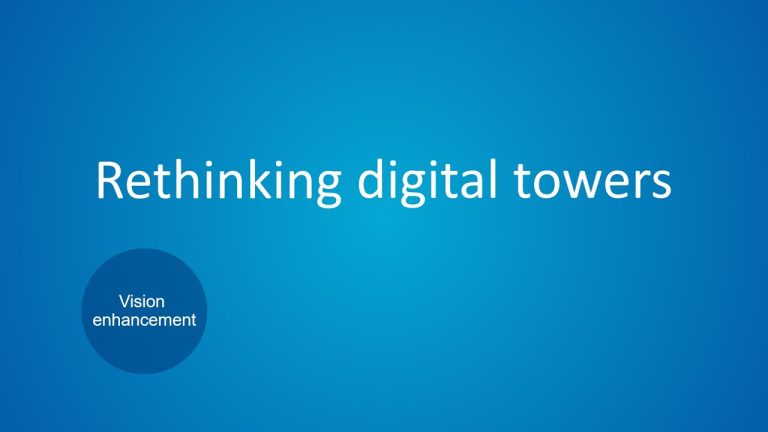Seeing clearly: The truth about blue light and how to protect your eyes with optical and vision care products
As we spend more time in front of screens, we are increasingly exposed to blue light. But what is blue light? Blue light is a type of high-energy visible (HEV) light that has gained attention due to the potential harm it can cause to our eyes and overall health. Blue light is emitted by most digital devices, including computers, smartphones, tablets, and televisions.
While blue light has its benefits, such as boosting attention, reaction times, and mood, overexposure to blue light can cause short and long-term health effects, including eye strain or fatigue, headaches, sleep disruption, and macular degeneration. That’s why it’s important to protect our eyes from the harmful effects of blue light.
The impact of blue light on our eyes
Blue light is known to penetrate deeper into the eye and cause damage to the retina, which in turn increases the risk of macular degeneration. The retina is the innermost layer of the eye that contains light-sensitive cells called rods and cones, responsible for detecting light and transmitting signals to the brain. Over time, exposure to blue light can damage these cells, leading to vision problems such as blurry vision, difficulty in seeing at night or in low-light conditions, and even permanent vision loss.
In addition, the glare from digital devices can cause eye strain or fatigue, leading to headaches and dry eyes. Blinking can also decrease by up to 60% when using digital devices, which can lead to dry or irritated eyes. Over time, this can develop into a condition called digital eye strain.
Protecting our eyes from blue light
One way to protect our eyes from blue light is to wear glasses with lenses that filter out blue light. These glasses can block up to 80% of blue light and make screen viewing more comfortable. Another way is to use blue light filters or screen protectors on digital devices to reduce the amount of blue light emitted by the screen. Additionally, taking regular breaks from screen time, avoiding screen time for a few hours before bedtime, and adopting good eye care habits, such as proper lighting and posture, can help reduce the effects of blue light on our eyes.
Conclusion
While blue light has its benefits, overexposure can have a negative impact on our eye health. Employing measures to protect our eyes from blue light is essential to maintain eye health and prevent vision problems in the short and long-term.
- Wear protective glasses or use blue light filters on devices to reduce blue light exposure
- Take regular breaks from screen time and avoid using devices before bedtime
- Adopt good eye care habits, such as proper lighting and posture, to reduce eye strain and fatigue
Most wanted in Hoya Vision:
Hoya Lens Engravings
What brand lenses does Costco use?
Which lens is better Alcon or Johnson and Johnson?
What’s the rarest eye color?
Legacy Eye Care Llc
What’s the difference between 1.5 and 1.6 lenses?
Hoya Sensity Vs Transitions Xtractive
Should eyeglasses cover eyebrows?
Wide Corridor Progressive Lenses
1.53 Trivex Impact Resistant















